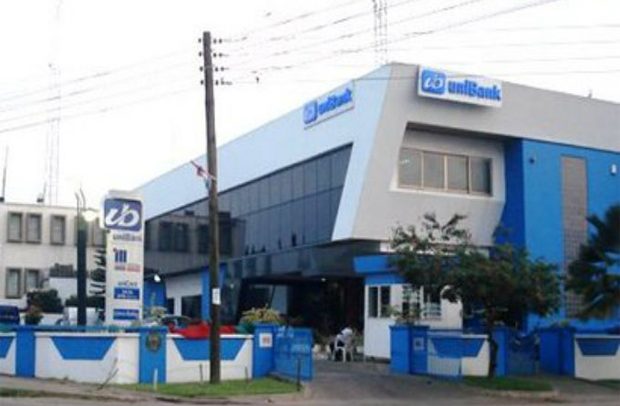The Court of Appeal has cleared the Receiver of defunct uniBank Ghana Limited, Nii Amanor Dodoo, to testify in the ongoing trial of former Finance Minister, Dr. Kwabena Duffuor, who is also founder of the bank, and eight others.
This was after the court dismissed an appeal filed by lawyers for the accused person challenging the decision of an Accra High Court which had ruled that Mr. Dodoo was competent enough to testify as a witness for the prosecution in the trial.
The High Court presided over by Justice Bright Mensah, a Court of Appeal judge sitting as an additional High Court judge had ruled in June last year that the Receiver was qualified as a competent and compellable witness to give evidence in the trial.
The decision came as a result of applications by lawyers for the accused persons challenging the capacity of Mr. Dodoo as a witness for the prosecution on grounds that, he was a partner at KPMG when he was appointed as administrator of uniBank.
Trial
Dr. Duffuor and eight others are standing trial before an Accra High Court for their alleged ‘dishonest’ spending of over GH¢5.7 billion belonging to customers and investors of the insolvent private bank, now defunct.
Apart from Dr. Duffuor, the former 2nd Deputy Governor of the Bank of Ghana, Dr. Johnson Pandit Asiama, Kwabena Duffuor II, Ekow Nyarko Dadzie-Dennis, Elsie Dansoa Kyereh, Jeffrey Amon, Benjamin Ofori, and Kwadwo Opoku Okoh are all on trial.
They are facing a total of 68 charges including fraudulent transactions and money laundering, but they have all pleaded not guilty to the charges.
Objection
Lawyers for the accused persons filed motions objecting to the prosecution’s decision to call Mr. Dodoo as its first witness in the trial.
Osafo Buabeng, counsel for Dr. Duffuor, HODA Holdings Limited and Kwabena Duffuor II, in his application, argued that Mr. Dodoo was a partner at KPMG, and upon the dissolution of the administration of uniBank, Mr. Dodoo was appointed the Receiver of uniBank on August 20, 2018, which flouts Section 122(8) of the Banks and Specialised Deposit-Taking Institutions Act (Act 930), thereby constituting an illegality.
He said Mr. Dodoo, who is a partner at KPMG, the official administrator, could not have subsequently been appointed the Receiver of uniBank within two years of the determination of the official administration of the bank.
He added that Mr. Dodoo’s appointment just a day after the administration ended was a nullity and all that he has done pursuant to his appointment was an illegality.
Opposition
The prosecution led by the Director of Public Prosecutions, Yvonne Atakora Obuobisa rebutted, arguing that though Mr. Dodoo was an employee of KPMG, he is distinct from the company.
She contended that Section 122 of Act 930 that the defence lawyers relied on, was not applicable to the witness.
She also argued that KPMG has not acquired any significant shares in uniBank and he (Dodoo) has not accepted an appointment in the bank as a Director, neither does he hold any key management position in uniBank.
Ruling
Justice Bright Mensah, in his ruling, held that having regards to the fact that Mr. Dodoo was appointed upon determination of official administration of uniBank when the bank had been closed down, he holds the submission of the DPP that “it cannot by any stretch of imagination be said that his appointment as a Receiver was illegal or void.”
“To all intents and purposes, the appointment by the Bank of Ghana was with due process of the law and therefore, valid,” he added.
The court, therefore, overruled the objections and admitted the documents that Mr. Dodoo sought to tender in evidence.
Appeal
Not satisfied with the decision, lawyers for the accused person went to the Court of Appeal to contest it but the Appeals Court dismissed it, holding that the appeal was wholly unmeritorious.
BY Gibril Abdul Razak


